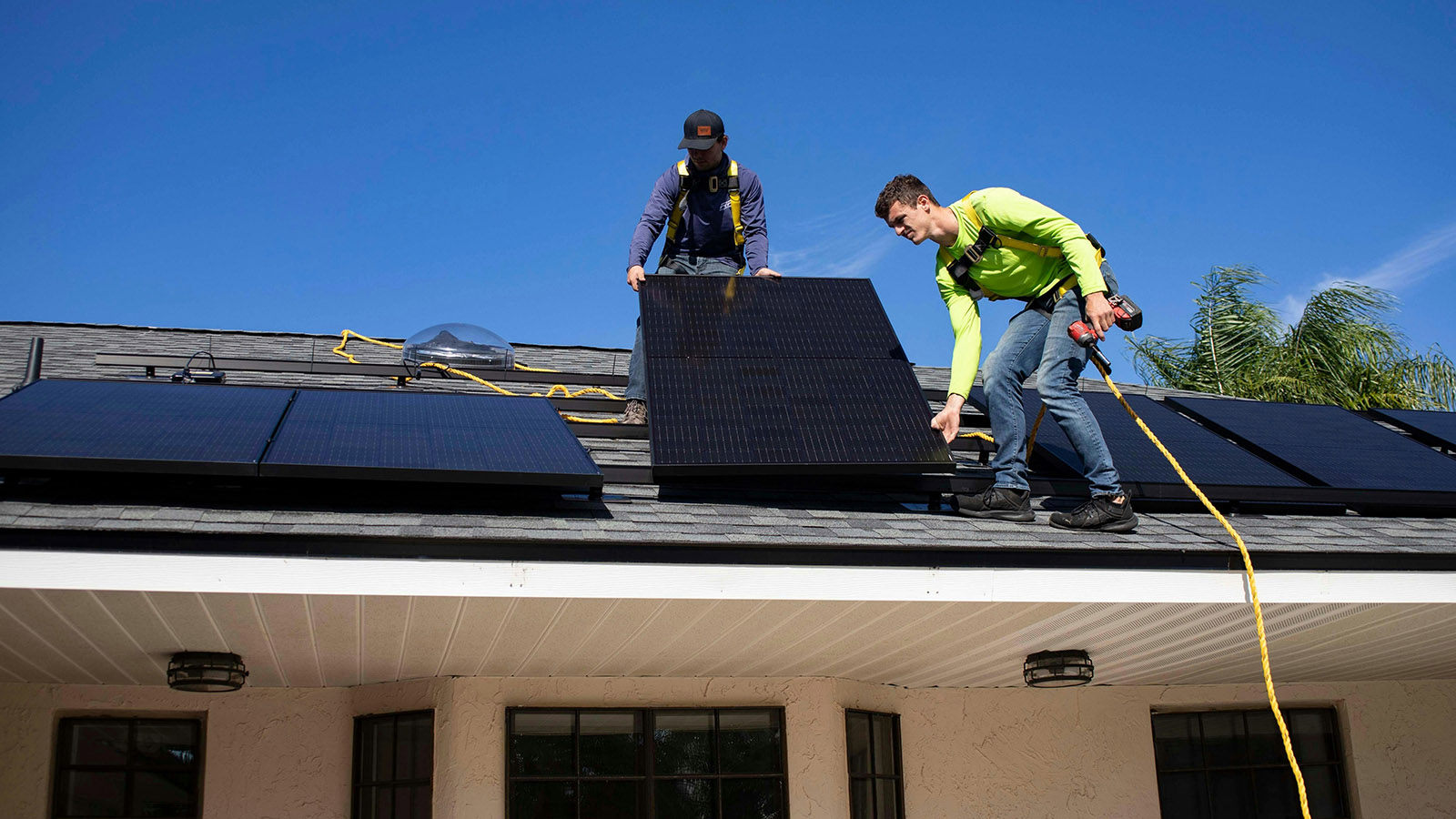Renewable Energy Jobs tagged "Piping Engineering"
-
ExpiredAlameda, California, United StatesOn-site Full Time More than 3 months agoUSD 134k–158k yearly
-
ExpiredAlbuquerque, New Mexico, United StatesOn-site Full Time More than 3 months ago
-
ExpiredAlbuquerque, New Mexico, United States + 1 locationOn-site Full Time More than 3 months ago
-
ExpiredPisa, ItalyOn-site Full Time More than 3 months ago
Displaying 16 - 19
Get Job Alerts
Get alerts for Piping Engineering jobs
Featured Jobs
Renewable Energy Blog Posts
-

Renewable Energy Forecast for 2030
By 2030, renewables are poised to supply nearly half of global electricity, with solar and wind leading this explosive expansion. In this data-driven piece, we explore job creation forecasts, supply chain bottlenecks, and policy hurdles. -

Fastest Growing Renewable Energy Sector: Data and Trends
In 2023, solar photovoltaics surged by 32.59%, officially making it the fastest-growing renewable energy source worldwide. Yet offshore wind, which soared by 57.87% in 2021, remains a formidable competitor in total electricity output due to its high capacity factor. This concise overview highlights how policy incentives, cost reductions, and manufacturing advances are propelling solar to the forefront of the global energy transition. -

Career Opportunities in Solar Energy
The solar energy sector is experiencing unprecedented growth, with over 7.1 million jobs in solar PV alone as of 2023. For professionals considering a career shift into renewable energy, solar offers pathways across R&D, manufacturing, project development, and operations.







